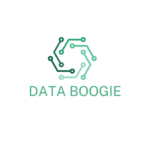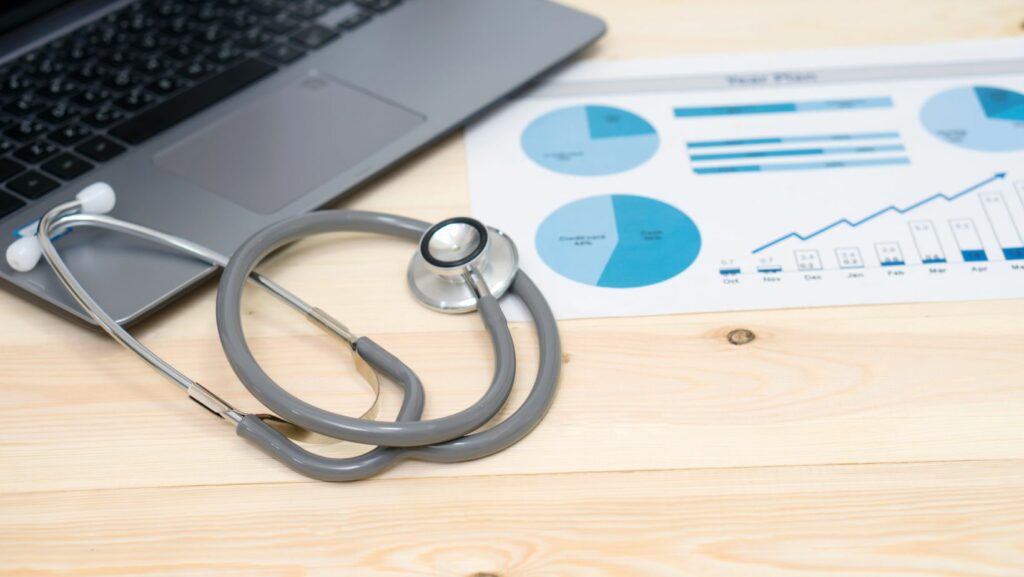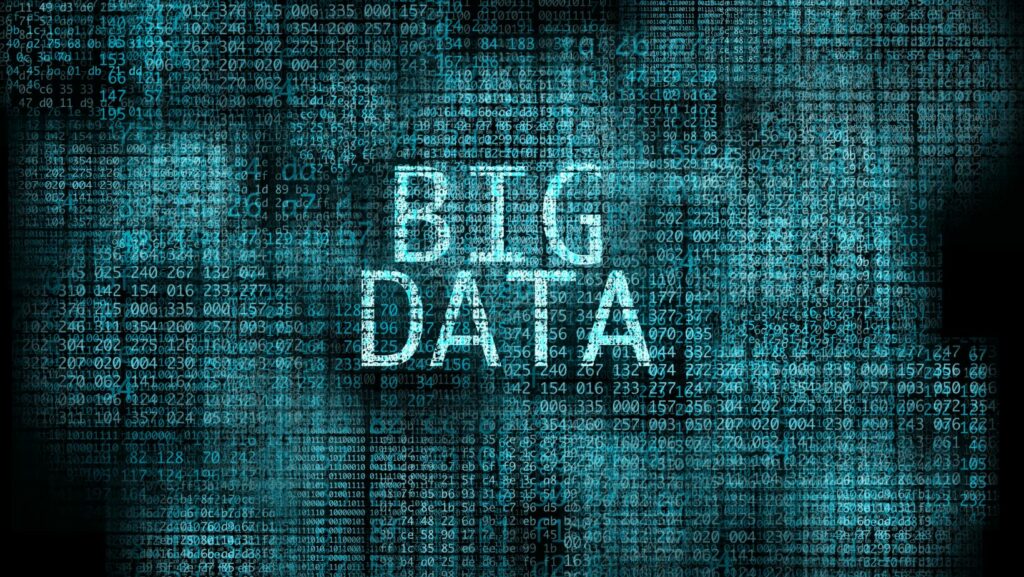What is Big Data in Healthcare
- Definition of Big Data: Big data in healthcare encompasses the vast amounts of structured and unstructured data generated from sources like electronic health records, wearables, and clinical trials.
- Key Characteristics: Big data in healthcare is defined by its volume, velocity, variety, and veracity, which are essential for effective data analysis and decision-making.
- Benefits of Big Data Analytics: Utilizing big data improves patient outcomes through predictive analytics, enables personalized medicine, and enhances operational efficiency by streamlining processes.
- Applications: Major applications of big data include predictive analytics for identifying patient trends, personalized medicine for tailored treatments, and population health management to improve community health outcomes.
- Challenges: Healthcare organizations face challenges such as data privacy and security, as well as the integration of diverse data sources, which must be addressed to fully leverage big data.
- Future Trends: The integration of artificial intelligence and machine learning, alongside real-time data analysis, will continue to shape the future of big data in healthcare, enhancing treatment efficacy and operational efficiency.
In today’s fast-paced healthcare landscape, big data is revolutionizing how medical professionals deliver care. It refers to the massive volumes of structured and unstructured data generated from various sources like electronic health records, wearables, and clinical trials. By harnessing this information, healthcare providers can make more informed decisions, improve patient outcomes, and streamline operations.
The potential of big data in healthcare extends beyond just data collection. It enables predictive analytics, personalized medicine, and enhanced research capabilities. As the industry evolves, understanding the role of big data becomes crucial for anyone looking to grasp the future of healthcare innovation.
Key Takeaways
 Big data in healthcare refers to the immense volume of structured and unstructured data generated daily from various sources. This includes electronic health records (EHRs), medical imaging, patient surveys, wearables, and genomic data. Analyzing these large datasets offers valuable insights that enhance patient care and operational efficiencies.
Big data in healthcare refers to the immense volume of structured and unstructured data generated daily from various sources. This includes electronic health records (EHRs), medical imaging, patient surveys, wearables, and genomic data. Analyzing these large datasets offers valuable insights that enhance patient care and operational efficiencies.
Key characteristics of big data in healthcare include:
- Volume: Healthcare generates massive amounts of data. For example, a single hospital can produce terabytes of data monthly from routine patient interactions.
- Velocity: Data is generated and processed rapidly, enabling real-time decision-making that impacts patient outcomes. For instance, data from wearables provides immediate health metrics.
- Variety: Data comes in many forms, including text, images, and numerical records. This diversity allows for comprehensive analyses across disciplines.
- Veracity: Ensuring data accuracy is crucial. Reliable data promotes trust in analytics and informs critical healthcare decisions.
Importance of big data analytics in healthcare includes:
- Predictive Analytics: Big data enables forecasts of patient trends and potential outbreaks. For example, analyzing historical data can predict flu seasons.
- Personalized Medicine: Tailoring treatment plans based on individual genetic information leads to better outcomes. Big data facilitates this customization by analyzing genetic profiles alongside treatment responses.
- Operational Efficiency: Streamlined processes reduce costs and improve patient experiences. For instance, data analysis identifies bottlenecks in patient flow.
- Research and Development: Big data accelerates the discovery of new therapies and treatments by analyzing large datasets for relationships and patterns.
Big data in healthcare serves as a transformative tool, enhancing decision-making and driving innovations that lead to improved patient care and outcomes.
Importance of Big Data in Healthcare
Big data plays a crucial role in transforming healthcare. It enhances patient care quality and operational efficiency across the industry.
Improved Patient Outcomes
Improved patient outcomes stem from leveraging big data analytics to inform clinical decisions. Advanced analytics facilitate early disease detection, enabling timely interventions. Real-time monitoring from wearables provides actionable insights into patient health, allowing healthcare providers to adjust treatment plans based on individual needs. Studies show that hospitals using big data analytics report a 15% improvement in readmission rates, highlighting the direct correlation between data utilization and enhanced patient outcomes.
Enhanced Operational Efficiency
Enhanced operational efficiency arises from optimizing healthcare processes through big data. Data analysis identifies bottlenecks in workflows, leading to reduced wait times and improved resource allocation. Predictive analytics aids in anticipating patient admission rates, allowing hospitals to manage staffing and inventory more effectively. Organizations that implement big data solutions achieve up to a 25% reduction in operational costs, underscoring the economic benefits of utilizing data-driven strategies in healthcare settings.
Applications of Big Data in Healthcare
Big data significantly impacts various aspects of healthcare, driving innovation and improving patient care through advanced analytical techniques. Key applications include predictive analytics, personalized medicine, and population health management.
Predictive Analytics
Predictive analytics utilizes historical data to forecast future patient outcomes and trends. Hospitals apply these analytics to identify high-risk patients, enabling early intervention strategies. For instance, predictive models have improved patient readmission rates by up to 15%. By analyzing data from various sources, organizations can anticipate demand for services, optimize staffing, and manage resources more effectively, reducing wait times and enhancing overall care quality.
Personalized Medicine
Personalized medicine customizes treatment plans based on individual patient data, including genetic profiling, lifestyle, and medical history. Big data analytics helps healthcare providers tailor interventions to specific patient needs, maximizing treatment efficacy. For example, targeted therapies in oncology have shown significantly higher success rates when aligned with patients’ genetic information. This approach allows for more accurate diagnoses and improved patient outcomes, as personalized treatment plans align closely with each individual’s unique health profile.
Population Health Management
Population health management leverages big data to monitor and improve health outcomes across specific populations. Healthcare organizations analyze demographic health data to identify trends and factors affecting community health, supporting targeted prevention programs. For instance, tracking chronic disease prevalence informs public health initiatives, leading to better management practices and reduced healthcare costs. Through proactive engagement, population health strategies enhance community well-being, reduce health disparities, and lower the overall burden on healthcare systems.
Challenges of Big Data in Healthcare
Big data in healthcare presents several challenges that organizations must navigate to harness its full potential. These challenges include data privacy and security concerns and the integration of various data sources.
Data Privacy and Security Concerns
Data privacy and security pose significant challenges in the healthcare sector. Healthcare organizations collect sensitive health information, making them prime targets for cyberattacks. In 2021, 80% of healthcare organizations experienced data breaches, emphasizing the need for robust security measures. Compliance with regulations, such as HIPAA, ensures patient data remains confidential, yet maintaining this compliance can be complex. Organizations must implement strict access controls and encryption practices to safeguard sensitive information, mitigating the risk of unauthorized access and breaches.
Integration of Data Sources
Integration of data sources presents hurdles due to the diverse types of data generated in healthcare. Data comes from various sources, including electronic health records, wearables, and lab results. Many organizations struggle to create interoperable systems that allow seamless data exchange. Studies indicate that 30% of healthcare executives cite data silos as significant impediments to big data utilization. Achieving interoperability requires standardized protocols and collaboration among stakeholders, making integration a critical challenge for healthcare organizations aiming to leverage big data effectively.
Future Trends in Big Data for Healthcare
Future trends in big data for healthcare indicate significant advancements aimed at enhancing patient care and operational efficiency. These trends include the integration of artificial intelligence, machine learning, and real-time data analysis.
Artificial Intelligence and Machine Learning
Artificial intelligence (AI) and machine learning (ML) increasingly influence big data utilization in healthcare. AI algorithms analyze complex datasets to identify patterns and predict outcomes. ML models improve as they process more data, leading to more accurate predictions in patient diagnosis and treatment efficacy. For instance, AI applications can process medical images and assist radiologists, increasing diagnostic accuracy by up to 30%. Moreover, machine learning enhances drug discovery by analyzing extensive datasets from clinical trials, reducing the time required for new drug development by 50%. The combination of AI and big data promises personalized treatment plans and optimized resource allocation within healthcare systems.
patterns and predict outcomes. ML models improve as they process more data, leading to more accurate predictions in patient diagnosis and treatment efficacy. For instance, AI applications can process medical images and assist radiologists, increasing diagnostic accuracy by up to 30%. Moreover, machine learning enhances drug discovery by analyzing extensive datasets from clinical trials, reducing the time required for new drug development by 50%. The combination of AI and big data promises personalized treatment plans and optimized resource allocation within healthcare systems.
Real-Time Data Analysis
Real-time data analysis transforms the healthcare landscape by enabling instantaneous decision-making. Technology aggregates data from various sources, including wearable devices, electronic health records, and telemetry systems. This capability allows healthcare providers to monitor patient health continuously, facilitating timely interventions. For example, real-time data can alert medical staff of critical patient changes, reducing response times in emergencies. Reports show that implementing real-time analytics in hospitals decreases patient wait times by 20%, leading to improved care delivery. As real-time data integration becomes more prevalent, healthcare organizations will enhance their operational protocols and patient management strategies, ultimately committing to proactive care.
Big data is revolutionizing healthcare by enabling more informed decision-making and improving patient outcomes. Its ability to analyze vast amounts of data allows for predictive analytics and personalized medicine, making treatments more effective and tailored to individual needs.
Despite the challenges posed by data privacy and integration, the future of big data in healthcare looks promising. With advancements in AI and real-time analytics, healthcare providers can enhance care delivery and operational efficiency. Embracing big data will continue to drive innovation, ultimately leading to a healthier population and more efficient healthcare systems.



